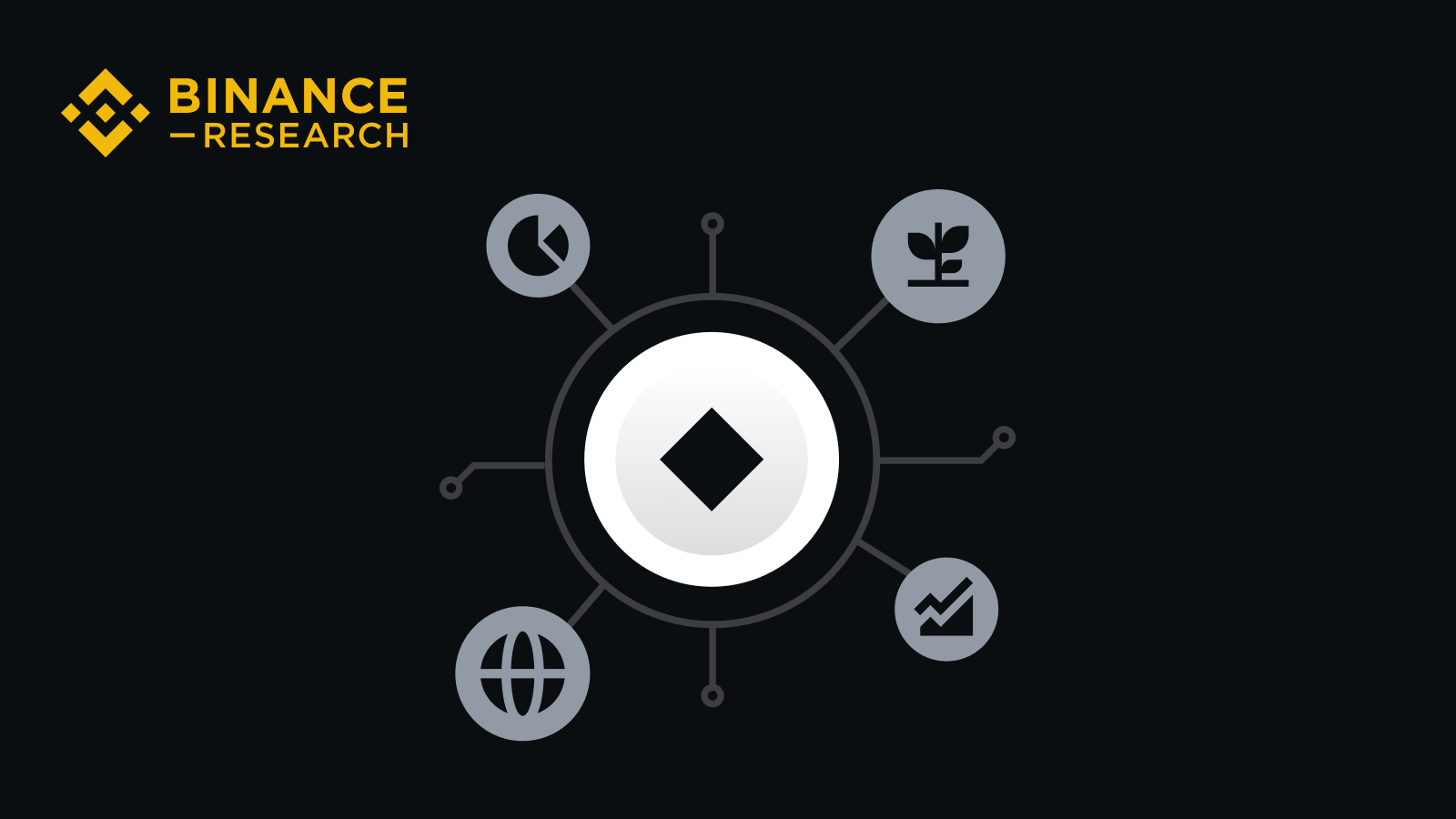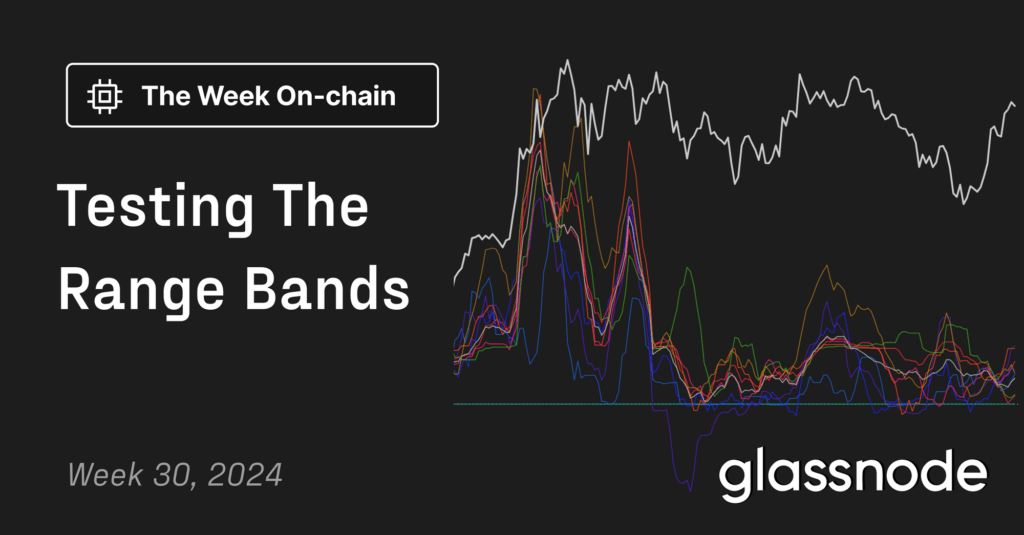Research Summary
The report by Binance Research explores the challenges faced by crypto projects and emphasizes the importance of sustainable tokenomics design. It suggests strategies such as dividing the treasury into two funds, monitoring maximum inflation, and ensuring a balanced token allocation. The report also highlights the role of token vesting schedules and value accrual mechanisms in promoting a healthy crypto industry.
Key Takeaways
Importance of Sustainable Tokenomics Design
- Addressing Crypto Challenges: The report identifies key challenges in the crypto industry, including high inflation rates, low capital efficiency, centralized governance, and misuse of treasury funds. It emphasizes the need for sustainable tokenomics design to mitigate these issues and align with user interests.
- Strategic Treasury Division: To align project team and token holder interests, the report suggests dividing the treasury into a Long-Term Treasury Fund (LTF) for strategic uses and a Short-Term Growth Fund (SGF) for immediate operational needs.
- Monitoring Maximum Inflation: The report highlights the importance of monitoring “Maximum inflation,” a metric that considers a token’s initial circulating supply and vesting schedule, for maintaining token value.
- Ensuring Balanced Token Allocation: The report underscores the need for a balanced token allocation to ensure decentralized governance and organic project growth, avoiding the pitfalls of centralized control and uneven distribution.
- Role of Token Vesting Schedules: The report discusses the role of token vesting schedules in preventing market flooding and ensuring long-term commitment from stakeholders.
Actionable Insights
- Adopt Sustainable Tokenomics Design: Crypto projects should consider adopting sustainable tokenomics design to mitigate challenges such as high inflation rates and low capital efficiency. This includes strategies such as dividing the treasury into two funds and monitoring maximum inflation.
- Ensure Balanced Token Allocation: Projects should ensure a balanced token allocation to promote decentralized governance and organic growth. This can help avoid the pitfalls of centralized control and uneven distribution.
- Implement Token Vesting Schedules: Implementing token vesting schedules can help prevent market flooding and ensure long-term commitment from stakeholders. This can contribute to the overall sustainability and success of the project.
- Focus on Value Accrual Mechanisms: Projects should focus on developing robust value accrual mechanisms to ensure that tokens capture the economic value generated by the ecosystem. This can benefit token holders and support the project’s sustainability.












